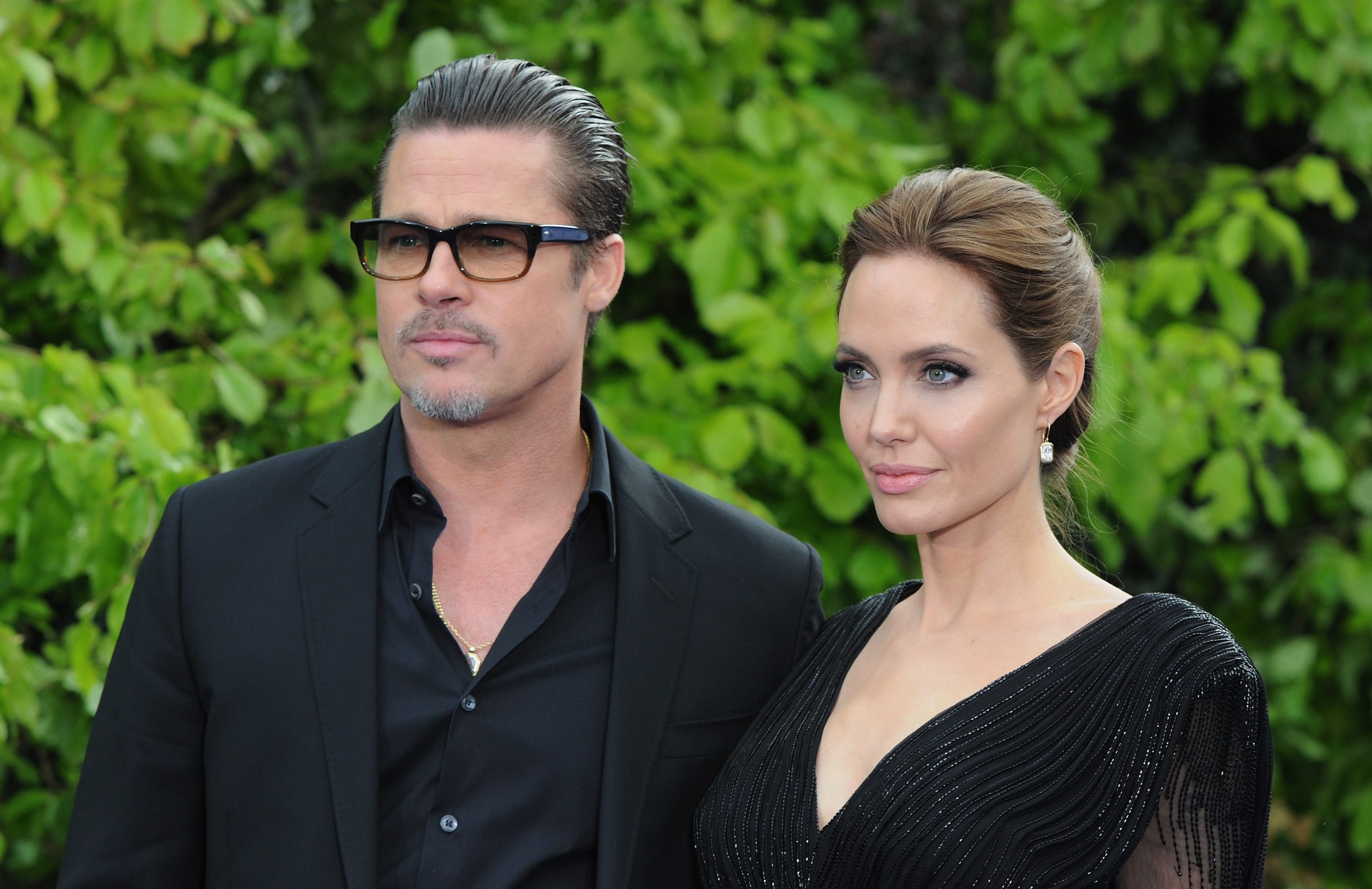In a world where customer needs and market environments differ greatly, Toyota’s carbon neutrality strategy is to develop and offer multiple technologies to support customers on their individual journey to zero emissions. This one multi-technology strategy – including battery electric, fuel cell electric, plug-in hybrid and hybrid electric vehicles – empowering Toyota customers in more than 170 countries and regions around the world to reduce their environmental footprint today, regardless of the environment in which they operate find themselves and their daily needs. In addition, Toyota believes it is too early to focus on a single zero-emissions solution, so it is simultaneously developing fuel cell, hydrogen combustion and battery electric technologies.
For this reason, Toyota has entered all Japanese Super Taikyu series endurance races this year with a hydrogen-combustion GR Corolla H2 through the Rookie Racing team. During this time, Toyota president Akio Toyoda, under his pseudonym ‘Morizo’, sat behind the wheel of every race to contribute to evaluation and development. Outside Japan, a vehicle powered by a Toyota hydrogen engine took to European public roads for the first time in August this year, with the testing of the GR Yaris H2 in World Rally Championship -World Rally Championship (WRC) tests. – in Ypres (Belgium).
This constancy and intensity of car activity has helped accelerate development and technical progress. For example, over the course of one season of the Super Taikyu series, Toyota has managed to increase hydrogen combustion power by 24% and torque by 33%, which represents a performance comparable to that of a conventional petrol engine. engine. On the other hand it has been greater autonomy about 30% and has been shorter refueling time from about five minutes to one and a half minutes.

In addition to using hydrogen, Toyota is working with multiple partners in areas such as the production and transportation of green hydrogen, using the demanding environment of motorsport as a test bed and building a broad network of contacts beyond the boundaries of the industry. towards the realization of a carbon neutral society.

This technological advancement has given Toyota engineers the confidence to create a concept vehicle for the road: the Corolla Cross H2 Concept.

This model equips the GR Corolla’s 1.6-liter turbocharged three-cylinder engine with high-pressure direct hydrogen injection engine technology.

Derived from the automotive activity, the knowledge of installation of the hydrogen tank of the Mirai is added.

For example, Toyota has succeeded in developing a hydrogen-based Corolla Cross H2 prototype that can carry five passengers and their luggage.

Real-world evaluations are currently underway as digital development continues.

And the vehicle will soon begin winter testing in northern Japan.

Hydrogen combustion is characterized, among other things, by its ability to take advantage of existing internal combustion technologies.

Also the speed of refueling and the clear decrease in use and the need for scarce elements such as lithium and nickel.

By adapting current technologies and leveraging existing investments, hydrogen combustion can lead to more accessible, widespread and rapid carbon reduction.

Today, Toyota has gone about 40% of the way to bringing products like the Corolla Cross H2 Concept to market.

It’s too early to say the technology will eventually be mature enough to be incorporated into road models, but it certainly presents a clear opportunity in motorsport.
Source: Marie Claire
Errol Villanueva is an author and lifestyle journalist who writes for The Fashion Vibes. With a passion for exploring the latest trends in fashion, food, travel, and wellness, Errol’s articles are a must-read for anyone interested in living a stylish and fulfilling life.




